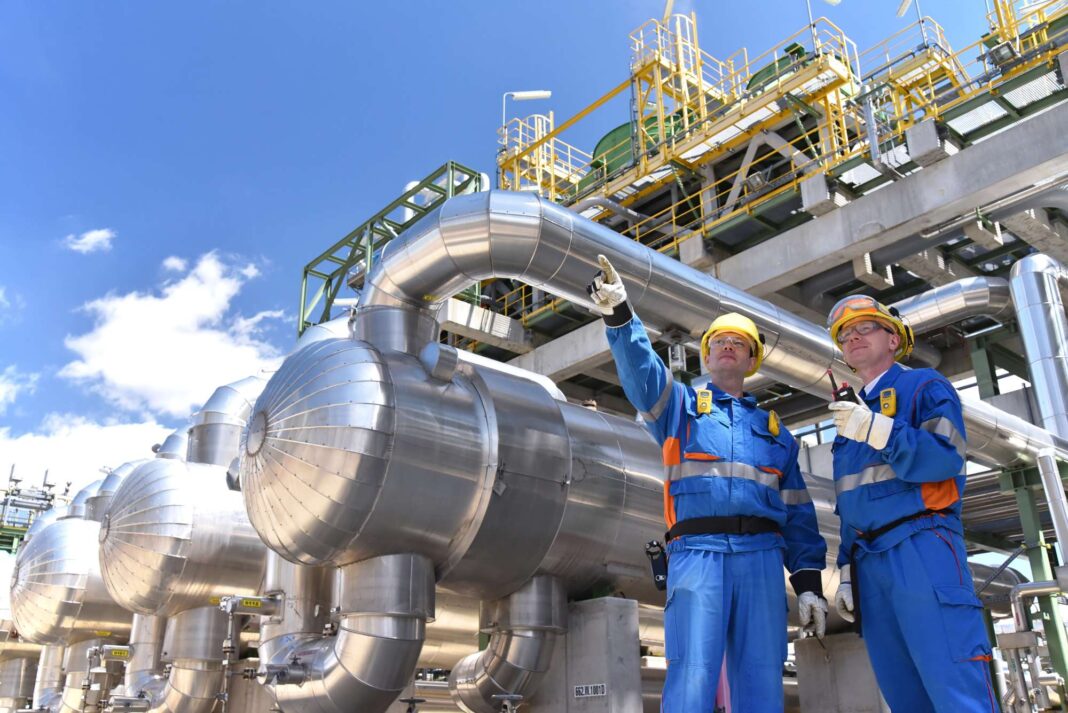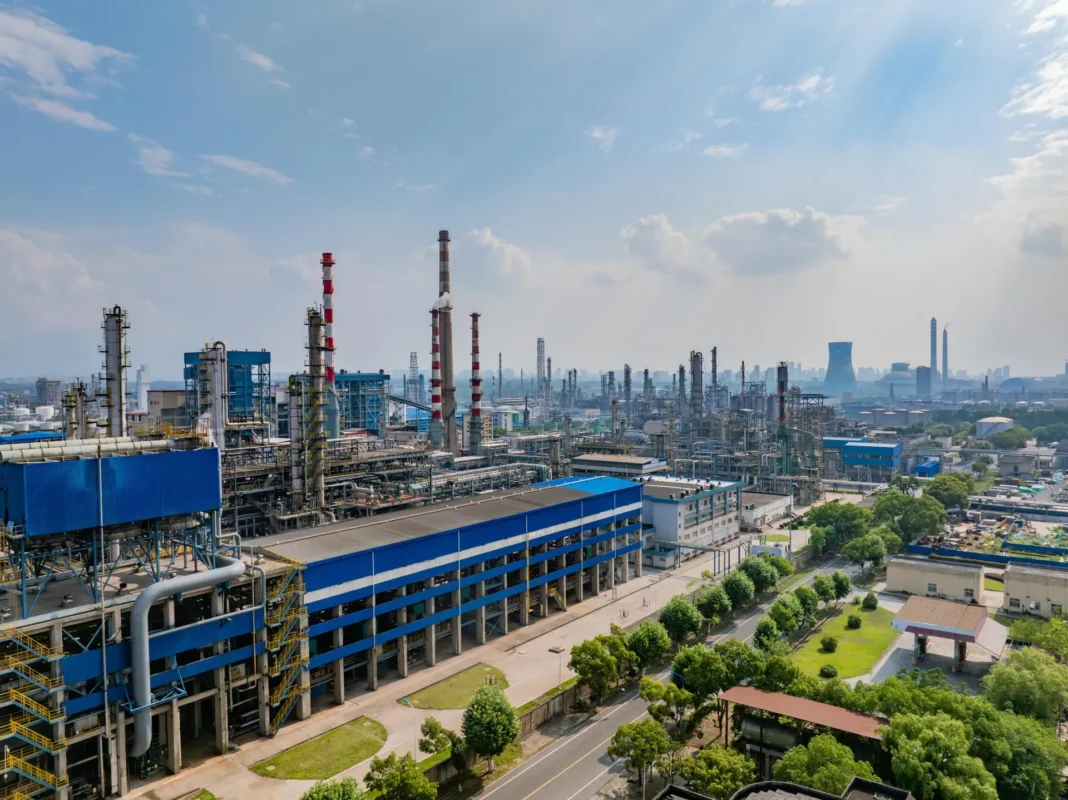The Iraq renewable energy plan has become a central government priority. Officials confirmed that renewable projects will save 250,000 barrels of oil each day for export. This amount currently fuels Iraq’s power generation, but solar energy will replace it over time.
Energy affairs advisor Abdul-Baqi Khalaf explained that the shift represents a critical advancement for the nation. He clarified that Iraq will not completely abandon fossil fuels. Instead, renewable energy will complement traditional sources, ensuring stability while reducing heavy oil dependence.
The Iraq renewable energy plan aligns with growing solar projects across the country. Deputy Oil Minister Ali Maarej noted earlier that Iraq aims to reach 12,000 megawatts of solar power by 2030. This ambitious goal directly targets the nation’s persistent electricity shortage.
Furthermore, Oil Minister Hayan Abdul-Ghani and the Ministry of Electricity previously announced a joint strategy. The collaborative plan also aims to produce 12,000 megawatts of renewable energy by 2030. Abdul-Ghani stressed that solar power is the government’s top priority for increasing supply.
In addition, the Ministry of Oil and Ministry of Electricity will coordinate closely. Their plan includes a first phase that generates 5,000 megawatts of solar energy. Eventually, the program will provide the full 12,000 megawatts, covering nationwide demand for clean electricity.
Moreover, Khalaf highlighted that saving oil through renewables increases Iraq’s export capacity. Extra exports will bring higher revenues and strengthen financial stability. This approach also ensures energy security for future generations.
Experts emphasize that renewable expansion creates jobs, stimulates investment, and lowers pollution. Therefore, solar energy projects support both economic growth and environmental protection. The government hopes these benefits will boost public trust in its reforms.
The Iraq renewable energy plan clearly demonstrates determination to solve long-standing power shortages. By balancing fossil fuels with clean sources, Iraq moves toward self-sufficiency. Ultimately, these efforts will modernize infrastructure, improve services, and secure lasting progress in energy development.



